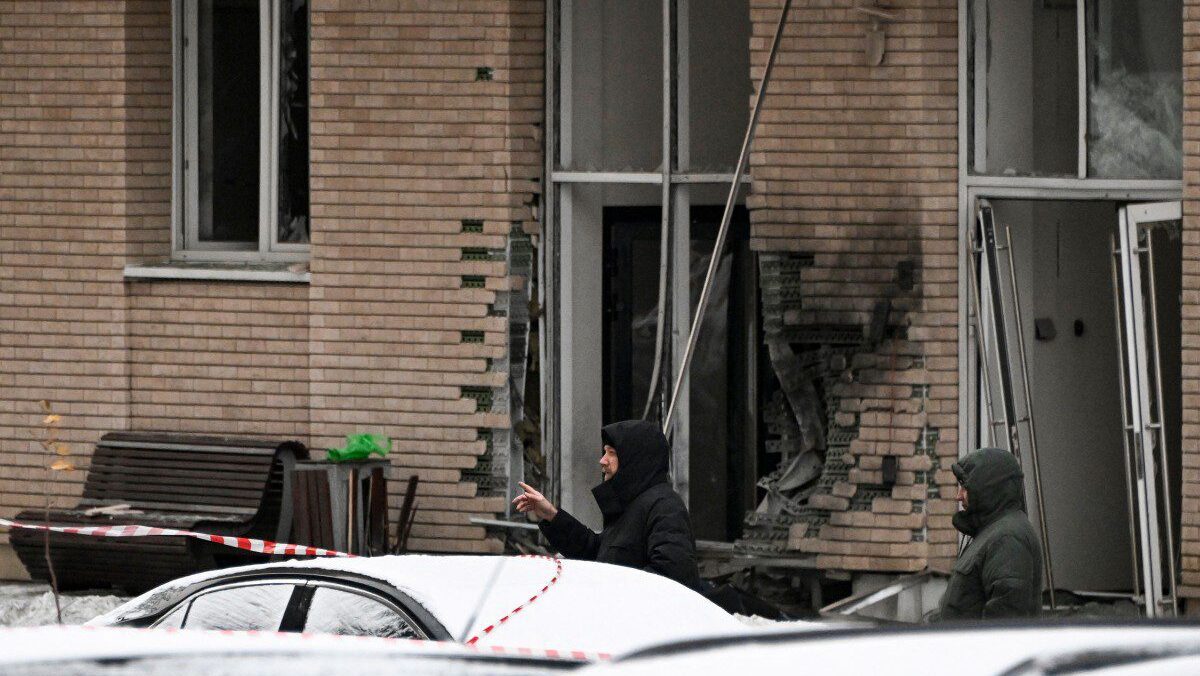
A view of the blast scene, which killed Igor Kirillov and his assistant, according to the Russian Investigative Committee, outside a residential building on Ryazansky Avenue in Moscow on December 17, 2024.
Photo: Alexander Nemenov / AFP
Operatives of the Ukrainian Security Service (SBU) assassinated Lieutenant-General Igor Kirillov, the commander of the nuclear, biological, and chemical forces of the Russian army on Tuesday morning, December 17th.
The Zelensky government has not yet commented on the case, but anonymous officials from the SBU immediately claimed responsibility, saying Kirillov was a legitimate target for ordering the use of internationally banned chemical weapons in Ukraine.
The general was killed by a remotely detonated bomb hidden in an electric scooter as he was leaving a residential block. He was accompanied by his assistant, who also died in the blast.
Officials in Kyiv told the Western press that just a few hours before the attack, the SBU charged Kirillov in absentia with ordering more than 4,800 uses of banned chemical weapons across the Ukrainian front, resulting in at least 2,000 Ukrainian soldiers being sent to hospitals with chemical poisoning.
“Kirillov was a war criminal and an absolutely legitimate target since he gave orders to use banned chemical weapons against the Ukrainian military,” an unnamed official told Politico. “Such an inglorious end awaits all who kill Ukrainians. Retribution for war crimes is inevitable.”
The official added that the main motive for using poisonous substances discharged from “first person view” (FPV) drones—drones where the pilot can see what the drone sees through a monitor—was to force Ukrainian soldiers to leave the trenches and face direct fire.
Kirillov’s use of banned munition types had been known to the West as well, and the UK had already imposed sanctions on the general for illegal chemical warfare in October.
Russia has opened a criminal investigation but has not yet accused the SBU of the assassination. The ability of Ukrainian agents to attack such high-level targets constitutes a major security breach that would be too embarrassing for Russia to admit immediately.
